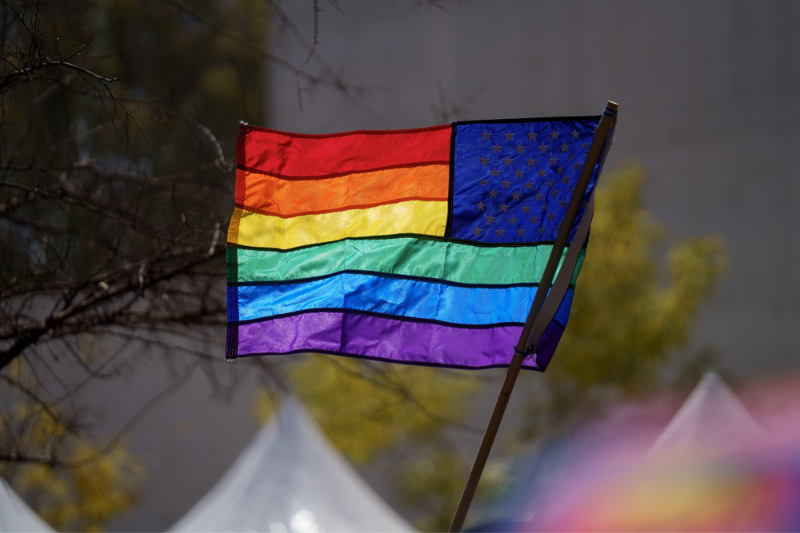

supreme court ruling weakens nondiscrimination protections, raises concerns for equality
On the penultimate day of its session, the US Supreme Court issued a decision in the case of 303 Creative v. Elenis, dealing a severe blow to the defense of equal rights. The ruling, which featured a web designer declining to develop wedding websites for same-sex couples, has made it harder to enforce anti-discrimination legislation. The protections against discrimination based on race, sex, nationality, handicap, age, gender identity, and other protected classifications are also threatened by this judgement, which affects the LGBTQ+ population. The Court’s judgement is not entirely clear, which raises questions about its possible effects on companies that provide expressive goods and services and calls for new efforts to fight discrimination and uphold current laws.
A web designer raised concerns about being forced to construct wedding websites for same-sex couples because of a nondiscrimination rule that forbids discrimination based on sexual orientation in the situation at hand. According to the Court, the site designer’s conduct qualified as protected speech and fell under the category of expressive goods and services. As a result, the anti-discrimination law was inapplicable to her.
The Court’s decision has several troubling features, including the lack of precise definitions of what constitutes an expressive good. This ambiguity makes it easier for companies in various sectors, including florists, hairdressers, nail salons, print shops, photographers, and caterers, to argue that they must also be excused from adhering to nondiscrimination legislation. Without more guidance, lower courts can decide and interpret the extent of expressive goods, possibly weakening already-existing anti-discrimination safeguards.
The Supreme Court’s ruling has effects that go far beyond discrimination based on sexual orientation. Protections against discrimination based on race, sex, nationality, disability, age, gender identity, and other protected classifications are frequently included in anti-discrimination laws. A long-standing consensus that enterprises open to the public should abide by nondiscrimination legislation was upset by the Court’s lack of difference in its decision. The strides made over many years to grant marginalized people equal rights and protections are in danger of being undone by this.
The decision’s impact is made worse because nondiscrimination rules in the US are still insufficient. The Equality Act, a federal bill that would have outlawed discrimination based on sexual orientation and gender identity in various settings, was not passed, and there are only a few states with comprehensive laws prohibiting such discrimination in public accommodations. These facts highlight the urgent need to strengthen current protections. Legislators must step up their efforts to combat discrimination and ensure that anti-discrimination legislation is solid and broad.
The implementation of anti-discrimination legislation has suffered significantly due to the recent Supreme Court decision in 303 Creative v. Elenis, eroding safeguards for the LGBTQ+ community and other vulnerable groups. Equality and civil rights are seriously threatened by the murkiness surrounding expressive commodities and the potential for broad interpretations. As a result, it is crucial for legislators in the US to make eliminating prejudice a top priority, fiercely defend current anti-discrimination laws, and work toward comprehensive legislation that assures equal rights for everyone. The country can only work toward a more inclusive and just society through consistent efforts.
India joined talks at International Labour Organisation offices in Geneva to explore worker rights such as proper compensation and basic…
In a significant legal blow against the Trump administration, federal court judges in California and Maryland have commended the reinstatement…
The IG Metall union claims Tesla operates its Berlin factory illegally by punishing employees who rest due to health conditions.…
During the Babcock Fife visit, Chancellor Rachel Reeves raised UK export finance program funds by £2 billion. The new funding…
In a major decision, Tamil Nadu Finance Minister Thangam Thenarasu presented a new scheme in the state’s 2025-26 budget through…
Tesla started operating 224 driver trainers with 104 vehicles under its autonomous driving test permit in December in California. In…
This website uses cookies.
Read More